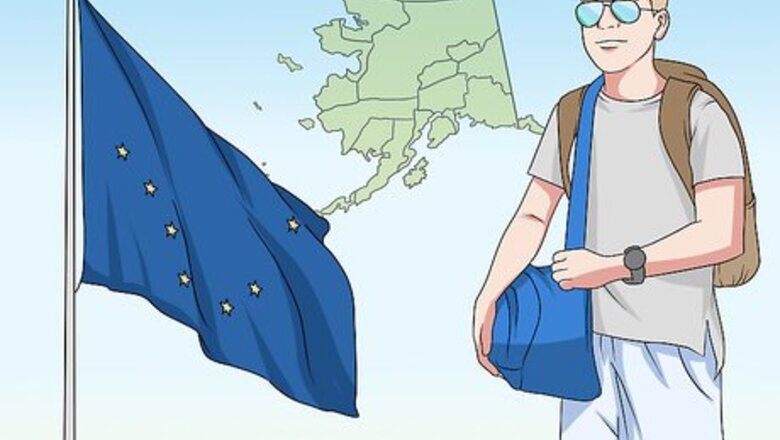
views
Moving to Alaska
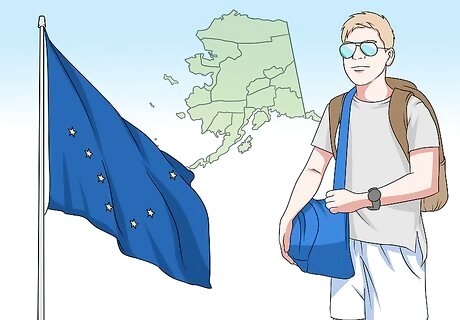
Visit Alaska to scope out potential places to live. The best way to decide whether you're ready to live in Alaska is to visit. If you're interested in Alaskan cities, visit Anchorage, Wasilla, Fairbanks, or Juneau, which have plenty of housing availabilities and job opportunities for professionals. Smaller towns like Homer, Skagway, Bethel, Nome, and Valdez are great if you prefer the wilderness. Suburbs are typically less expensive and have more housing options than the inner cities. Commuting into the city for work is common in Alaska, but traffic usually isn't a concern. Renting is more expensive in the cities but is a good option for students who are just moving to Alaska.
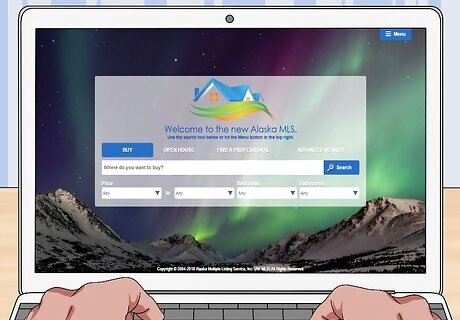
Use the Multiple Listing Service to view homes currently on the market. Visit http://www.alaskarealestate.com/ to access a database of all of the homes that are currently on the market. You can narrow your search by price, location, and number of beds/baths. The website also provides contact information for the real estate agent who lists the house. If you are able to find the agent you want, contact the agent to schedule a tour the next time you visit.
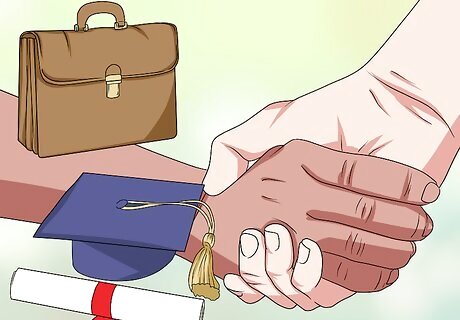
Secure a job before making your move. Unemployment rates tend to be high in Alaska, so make sure you get a job secured before you move. If you don't have a job, be sure you have enough money saved for a ticket home in case your job search is unsuccessful. Big cities have a lot more jobs available than smaller towns, and many people choose to commute so they don't have to pay city living prices. Some seasonal work might be available at hotels or parks, but you should try to find a permanent position as soon as possible.

Consider Alaska's high cost of living before deciding to move. Because Alaska is so far from the rest of the United States, items like groceries tend to cost more due to shipping. Utilities are also fairly expensive because of the remote location of most homes. However, to offset the cost of living, Alaska has some of the lowest tax rates in the United States and doesn't have income or sales tax. Additionally, the government pays each Alaskan resident, including children, about $1,000 per year from the Permanent Fund Dividend.

Pack light for your move because shipping can be expensive. If you do decide to make the move, your best bet is to get rid of most of your belongings and purchase new items when you arrive. Stick to items you can fit into a suitcase and try to avoid shipping things. If you're planning to drive to Alaska through Canada, be aware that certain items are prohibited through Canadian border control, such as produce and soil.
Adjusting to Life in Alaska

Prepare for long and dark winters. Winters in Alaska can seem like they last forever. Depending on your location, you can experience up to 24 hours of darkness at a time. Bring enough warm clothing to help you stay warm and dry in the snow. Try to keep a regular schedule throughout the winter and get involved with hobbies. If you're having difficulties coping with the winter season, consider seeing a therapist for dealing with how the weather is affecting your mood. If you're having thoughts about self-harm or suicide, contact the Suicide and Crisis Lifeline for help at 988.

Consider adopting a furry friend to be your companion. Most cities and towns in Alaska are extremely dog friendly as there are plenty of locations for a dog to run and play. Once you've settled in Alaska, visit a local animal shelter to choose which animal friend is right for you. If you're not interested in getting a dog, cats also make good companions, and there are lots of cats in need of a home at shelters throughout Alaska.

Purchase a reliable vehicle for easier transportation in cities and towns. Alaska definitely isn't very walkable, unless you're interested in hiking or skiing everywhere. A reliable vehicle that performs well even in snowy conditions, like an SUV or truck will help you get around. Many of the remote areas in Alaska are off-road systems, meaning that there is no roadway to get to town. If that's the case, you'll need to travel by boat or plane to get there.

Make friends with your neighbors, even if they're far away. You're probably going to live far away from your neighbors, even if you're in a city like Anchorage, Fairbanks, or Juneau. When you move in, introduce yourself and let them know where you'll be staying in relation to them as this might help you avoid issues. Live in Alaska Step 9.jpg Some people come to Alaska to be left alone. If your neighbor doesn't seem interested in having a friendship, make sure that you respect their space.
Enjoying the Outdoors

Take advantage of abundant summer sunshine. Even though Alaska is known for its prolonged winters, the summers are awesome. In some locations, the sun shines for nearly 24 hours a day, and temperatures are usually no higher than 70 °F (21 °C). Get outside, go for a walk, and enjoy the beautiful weather while you can. In the summer, many people enjoy touring Alaska's national parks, like Kenai Fjords National Park, Wrangell-Saint Ellas National Park, and Denali National Park. If you have children, enroll them in organized sports groups to ensure that they're making the most of the summer and getting outside.

Find new hobbies to keep you occupied year-round. People in Alaska are frequently involved in many different sports and activities, including fishing, hunting, skiing, biking, running, and hiking. If you prefer the indoors, try out a hobby like knitting, reading, learning a new language, or cooking.Live in Alaska Step 11.jpg Hobbies are also a good way to make friends and meet new people, which can be challenging to do in areas with very few people.
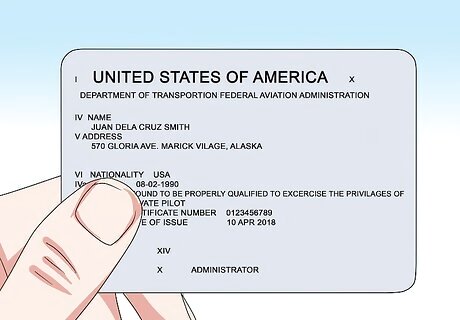
Get a private pilot's license to explore Alaska from the air. Because most of Alaska is only reachable by boat or air, many people fly private planes. It's a fun hobby, but can be a little expensive when starting out. You'll need to take exams and obtain a certificate from the Federal Aviation Administration before operating an airplane. While many people have their own private planes, there are also hangars that will allow you to rent out a plane at an hourly rate as long as you have a license. Always follow safety protocols when flying, and never fly in inclement weather.



















Comments
0 comment